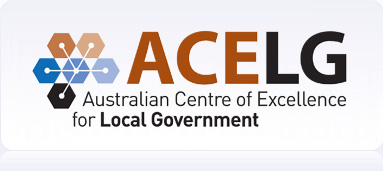LED Street Lights save Money, Carbon Emissions and Lives

Switching to LED street lighting could save Australia’s local councils up to $87 million and prevent 720,000 tonnes of CO2 emissions from entering the atmosphere each year.
To capture these benefits, State governments need to either urgently change the regulations covering street lighting or help transfer street lights to councils on fair terms, as has happened in New Zealand and parts of Canada.
A new Practice Note released this week by the Australian Centre of Excellence for Local Government (ACELG) in partnership with the Institute of Public Works Engineering Australasia (IPWEA) calculates that street lighting in Australia costs at least $400M per year. But, whilst local councils are legally responsible for providing street lighting in Australia - and paying for street lighting - the lights are mostly owned and maintained by the electricity distribution utilities.
In addition to the huge cost and emission savings, the Practice Note also highlights improved safety outcomes for drivers and pedestrians where LED lighting is in use.
"The whiter LED light is cleaner and tests in the US have shown it enables drivers to respond more quickly in emergencies," said IPWEA Sustainability Director, Dr Stephen Lees. "As well, results from Los Angeles show a measurable reduction in street crime and vandalism after LED street lighting was introduced," he added.
"It's a win-win for energy savings, maintenance savings, emission savings and added safety, but it requires some political leadership at State government level to realise these gains"
Dr Lees said IPWEA believed that this was a direct action strategy with measurable benefits, which could help Australia reach its greenhouse gas emission reduction targets while saving ratepayer dollars and improving safety outcomes.
The authors of the Practice Note will be conducting a series of workshops around Australia in October on the new Practice Note, and the issues it raises. For workshop details contact IPWEA on +61 (02) 8267 3003.
Downloads
The Practice Note can be downloaded on the IPWEA website: http://www.ipwea.org/PN11
An interview with IPWEA Sustainability Director Dr Stephen Lees on LED lighting is also available here.
Further information:
More information on the upcoming workshops is available on the IPWEA website: http://www.ipwea.org/streetlighting2014



